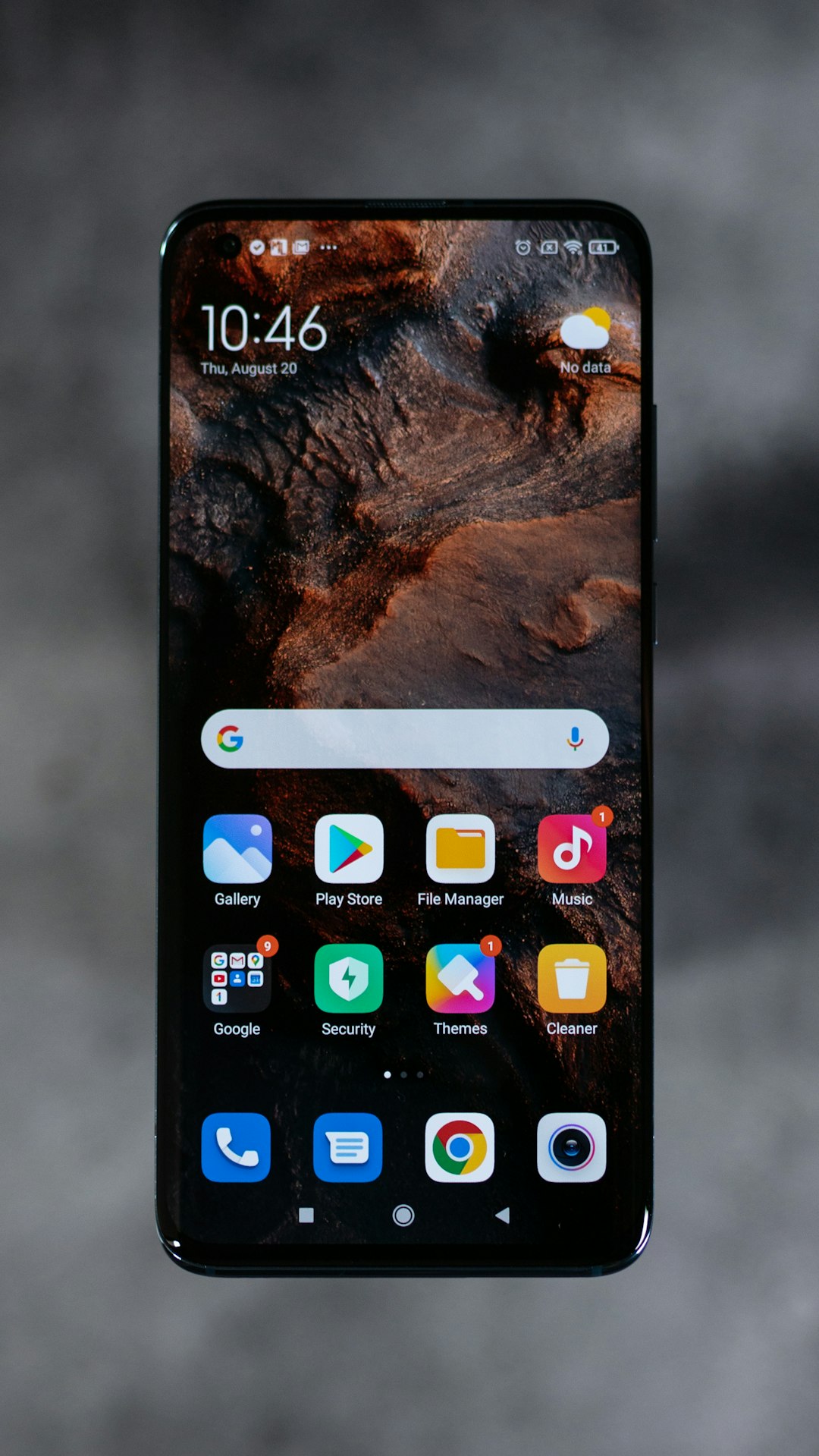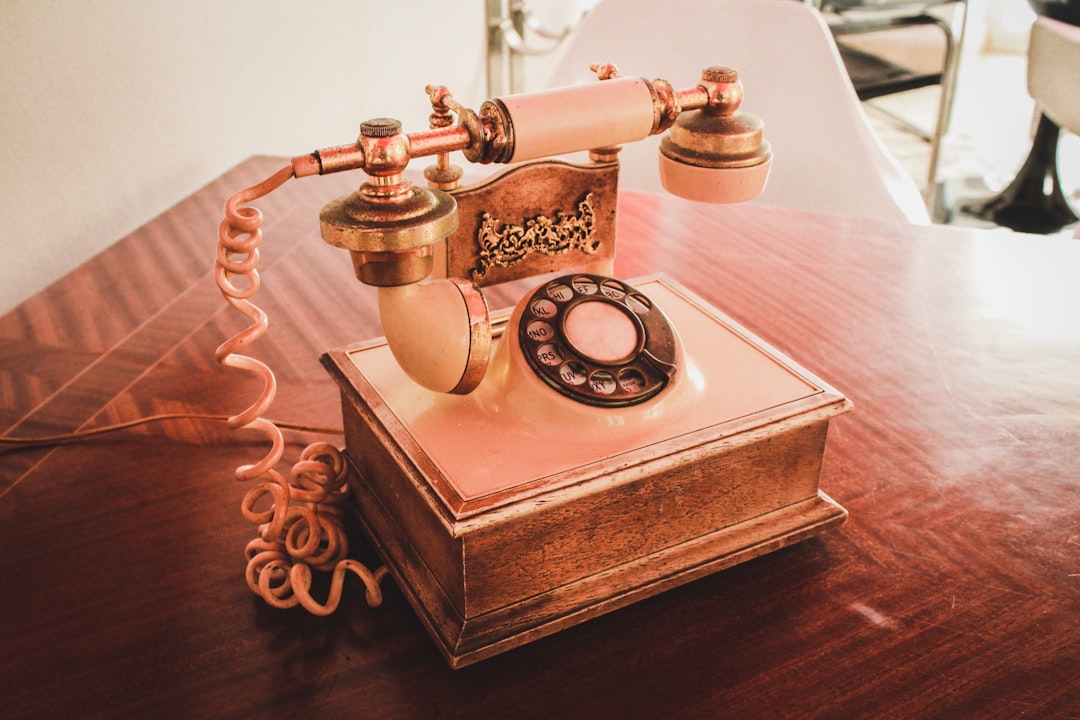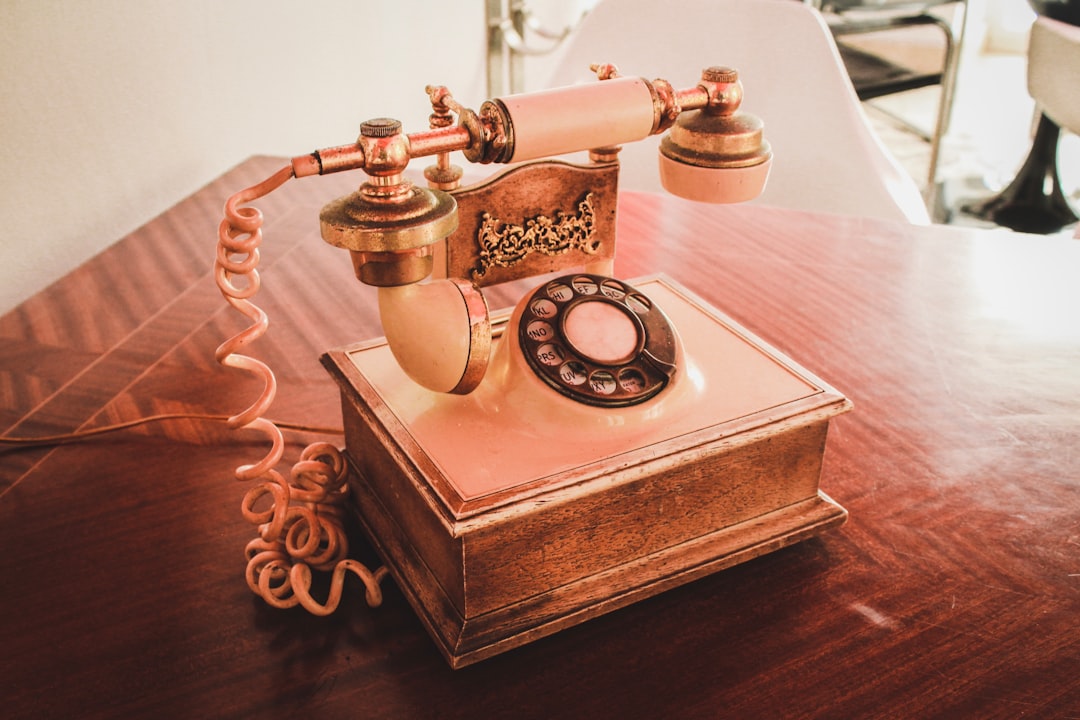Nebraska's autodialer laws protect consumers from unwanted phone calls. Law firms using autodialers for telemarketing must obtain prior express consent, provide opt-out options, and adhere to strict guidelines to avoid fines. Compliance involves understanding call frequency restrictions, data protection, and maintaining transparent practices to build consumer trust. "Auto dialer law firms Nebraska" must stay updated on regulations to ensure ethical marketing and avoid legal issues.
In Nebraska, as across the nation, the use of autodialers in telemarketing has raised significant legal considerations. This article guides law firms navigating the complex landscape of autodialer regulations in Nebraska. We explore legal requirements for making automated calls, consumer protection laws specific to autodialers, and best practices that ensure ethical and compliant usage. Learn effective strategies for implementation to maintain compliance and protect client rights within the state.
Understanding Autodialer Regulations in Nebraska

In Nebraska, the regulations surrounding autodialers, also known as automatic telephone dialing systems (ATDS), are primarily governed by the Nebraska Revised Statutes and federal telecommunications laws. These rules aim to protect consumers from unsolicited phone calls, ensuring fair practices in telemarketing activities. The state’s law defines an autodialer as any device that uses an artificial or prerecorded voice to deliver messages and automatically dials telephone numbers without human intervention.
For autodialer law firms Nebraska, it is crucial to understand these regulations to comply with the legal framework. Firms engaged in telemarketing using autodialers must adhere to specific guidelines, including obtaining prior express consent from recipients before placing automated calls and providing a way for individuals to opt-out of future calls. Failure to comply may result in significant fines and legal repercussions, making it essential for businesses to stay informed about the evolving autodialer law in Nebraska.
Legal Requirements for Telemarketing Calls

In Nebraska, telemarketing calls made using an autodialer are subject to specific legal requirements designed to protect consumers from aggressive or unsolicited sales practices. The state’s laws governing autodialed calls primarily focus on ensuring transparency, consent, and respect for personal time. According to Nebraska Revised Statutes, telemarketers must obtain prior express written consent from recipients before placing any automated or pre-recorded telemarketing calls. This includes using autodialers to make marketing calls, which requires a clear and concise opt-in from the consumer.
Legal requirements also mandate that these calls provide a way for the recipient to opt out of future communications, often through an automated menu system. Failure to adhere to these rules can result in significant fines for law firms or businesses operating autodialer campaigns in Nebraska. Additionally, the state has strict time restrictions on when such calls may be made, generally limiting them to specific windows during business hours. These measures reflect Nebraska’s commitment to balancing legitimate marketing efforts with consumer privacy and peace of mind.
Consumer Protection Laws and Autodialers

In Nebraska, as with many states, consumer protection laws play a crucial role in regulating autodialer usage. These laws are designed to prevent unsolicited phone calls from automated systems, known as autodialers, which can often be intrusive and annoying for recipients. The Nebraska Consumer Protection Act (NCPA) specifically addresses telemarketing practices, including the use of autodialers. It prohibits businesses from making telephone solicitations using an autodialer without prior express consent from the consumer.
Autodialer law firms in Nebraska have a significant role to play in ensuring these regulations are adhered to. They assist clients in understanding and complying with the NCPA, helping to draft agreements that respect consumer privacy and obtain explicit consent before making automated calls. By implementing robust internal policies and training staff on legal requirements, autodialer law firms contribute to a more responsible and compliant telemarketing environment, fostering trust between businesses and consumers alike.
Best Practices for Law Firms Using Autodialers

Law firms utilizing autodialers in Nebraska should adhere to best practices to ensure compliance and ethical standards. Firstly, obtain explicit consent from individuals before dialing, respecting their right to privacy and opting out. Regularly review and update client lists to maintain accurate contact information, minimizing unnecessary calls. Additionally, train staff on the proper use of autodialer systems, including scripts that are clear, concise, and non-deceptive.
Implementing robust do-not-call mechanisms is crucial. Offer a simple way for recipients to opt out or pause calls, ensuring their preferences are respected. Keep detailed records of consent and call activities for auditing purposes. These practices not only foster trust but also help law firms maintain a positive reputation in the legal community and among clients, especially regarding Nebraska’s strict consumer protection laws.
Compliance Strategies for Effective Implementation

To ensure effective implementation and compliance with the autodialer laws in Nebraska, law firms should adopt comprehensive strategies. Start by thoroughly understanding the state’s regulations regarding automated calling, including restrictions on call frequency, opt-out requirements, and data protection measures. Next, integrate these legal mandates into your firm’s operations by updating internal procedures and training staff on best practices for using autodialers. Regularly reviewing and updating these protocols is crucial to keep up with any legislative changes in Nebraska’s autodialer law.
Additionally, implementing robust tracking systems can help monitor compliance. This includes logging call records, maintaining detailed subscriber opt-in/opt-out lists, and securely storing consumer data. By prioritizing transparency and adherence to legal standards, law firms in Nebraska can effectively utilize autodialers while safeguarding client privacy and avoiding potential penalties. Such strategies foster trust with clients and ensure the long-term success of using autodialer technologies for marketing or communication purposes.






